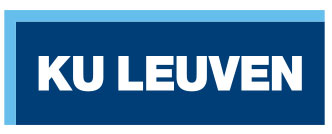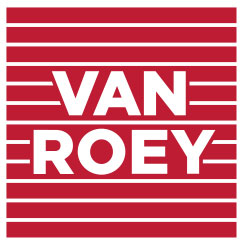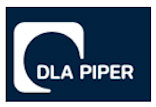SCHEDULE
12:00 PM – 01:00 PM
Sign-in and Lunch
01:00 PM – 01:30 PM
Introduction to MUPEDD
Project Scope, Aims, Achievements
[Maarten De Grootte, VITO]
Auditorium
01:30 PM – 02:00 PM
The story of Sint-Niklaas and MUPEDD
[Jona Michiels, Groep Van Roey]
Auditorium
BREAK 15 min.
02:15 PM – 03: 15 PM
- Breakout Session 1: Financial and Legal Requirements of a PED
[Jonathan Verdonck, Rebel & Chloë Heyrman, DLA Piper]
Meeting room 1
- Breakout Session 2: Behavioral and customer engagement aspects of a PED
[Griet Juwet, Endeavour & Siegfried Dewitte, KU Leuven]
Meeting room 2
- Breakout Session 3: Stakeholder Engagement Toolkit
[Hanne Mangelschots, Architecture Workroom Brussels & Stéphanie Lieten, Stebo]
Meeting room 3
BREAK 15 min.
03:30 PM – 04:15 PM
Panel Discussion: Driving urban energy transitions through informed decision making in PEDs
[Among others represented in the panel discussion : City of Brussels, City of Leuven, Rebel, Endeavour and Stebo]
Auditorium
Q&A Follow-up/Break 15 min.
04:30 PM – 05:00 PM
Policy Reflections, Closing and Wrap-up
Auditorium
ADDITIONAL INFORMATION
WHAT CAN YOU EXPECT?
Managing Uncertainty in Positive Energy District Design (MUPEDD) project is an initiative to bring new data and innovative data-analysis and modelling techniques to the field of PED development, as such generating new knowledge and scientific research related to the numerous risks linked to PED projects to support the decision-making process of the involved market players. We will present our findings and outcomes regarding technological, behavioral, financial, and legal aspects of a PED Design.
BREAKOUT SESSIONS
- Session 1 on Financial and Legal Aspects of PED Design: Appropriate financing is a meta-enabler for the development of PED/PENs. Its importance is on equal level with legal and regulatory frameworks and suitable business models. The financial modelers at REBEL will dive deep into the financial, organizational and regulatory aspects of setting up more complex sustainable energy installations as part of PEDs in the Flemish context
- Session 2 on Behavioral Aspects of PED Design: Citizen participation and appropriate communication processes are important success factors for the realization of PED/PENs. This will support acceptance of new technical solutions and stimulate necessary changes in personal lifestyles. The social scientists and researchers at Endeavor and KU Leuven will discuss in depth the methods, processes, and strategies to ensure more people are involved in the process of creating cities.
- Session 3 on Stakeholder Engagement Toolkit: Activating a strong local network at district level with good mutual cooperation increases the chances of success of a PED development. Stebo invites Architecture Workroom Brussels to present their PED toolkit as a practical guide for local initiators foreseen as a potential strategy in devising the PED technicalities.
PANEL DISCUSSION
Driving urban energy transitions through informed decision making in PEDs
In a broader sense and looking more on the long term the MUPEDD approach requires a shift from individual buildings to the neighborhood level, the most challenging is aligning the needs, preferences, expectations and eventually actions from the multitude of stakeholders involved. These are actors such as project developers, tenants, building owners, cooperatives, (local) governments, financial actors, architects and engineers, utilities, and financial institutions. Continued interactions are needed for raising awareness, finding common understanding and eventually jointly developing and operating a PED. Through this panel, we bring together different stakeholders and gather their insights into framing PEDs for future.





